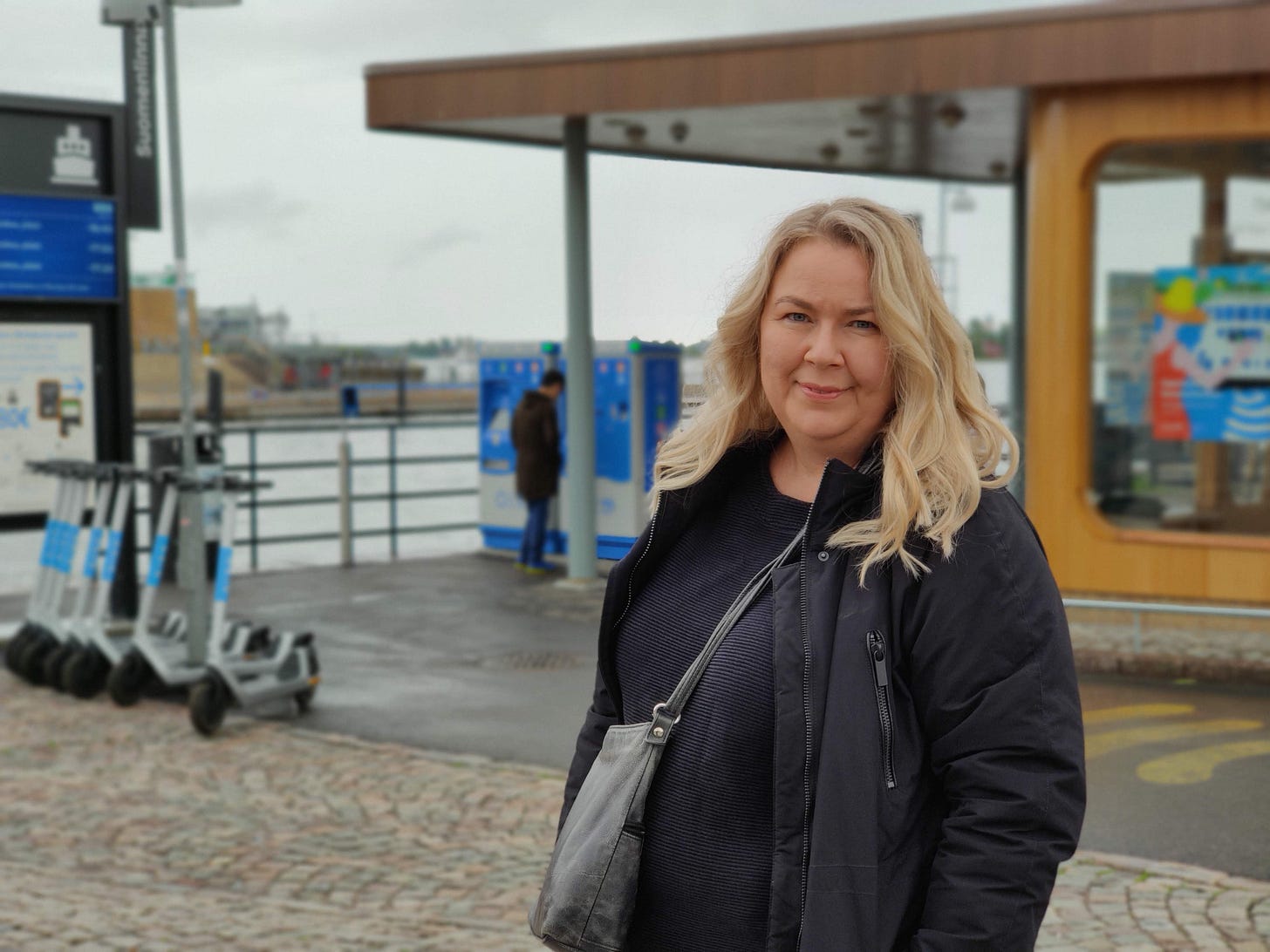Policy measures against online hate suggested by researchers
What might be the consequences of these national policy measures, if implemented, to the emerging Finnish media landscape: the creators and influencers?
A powerful weapon afforded by online platforms, hate speech is 1) used strategically by small group of power elites, and is 2) further echoed by large masses who feel outraged for one reason or another and is also 3) produced and distributed by individuals motivated by the sheer accomplishment. Think of it as the pleasure of perfecting a craft of moving online crowds. It’s a riot.
Hate speech is verbal violence. As a society, we have a responsibility to protect not only the public discourse, but also the individuals from such violence. Can we create a non-violent online space? And how might doing so affect the working lives of Finnish creators and influencers? A study commissioned by the Finnish government (Saresma et al 2022) has several policy proposals to curb hate speech.
Awareness; more dialogue
In the list of policy recommendations by Saresma et al, raising awareness of hate speech in general is urgent: we should recignize hate speech online as a societal problem.
For society in general, researchers prescribe more dialogue: there should be opportunities for everyone to be a part of a community and society. The ongoing five-year media education program “Hyvin sanottu” (Well said”) by Yle gets a mention.
More research
To produce a regularly updated body of research data into hate speech experiences among citizens, national representative surveys by Statistics Finland are suggested, as well as school health surveys among children.
Regulating the platforms
The online platforms should be compelled by regulation to make it easy to report hate speech and hire enough human moderators to see that the reports are duly processed.
As artificial intelligence is advanced enough to do basic monitoring, the researchers recommend that platforms attach alerts to hate speech content, similar to how COVID-19 content was flagged by platforms, and users were guided to government-approved resources to access correct information about the issue. Indeed, the researchers go as far as suggest that the government appoint a single body to handle hate speech as a phenomenon.
More resources to the police is also proposed.
Faktaa koronasta - campaign as an example
We have recent experience in government interest in online influencers as key partners, as the Finnish government tackled the COVID-19 infodemic by contacting influencers and prompting them to share correct and up-to-date information to their followers in the award-winning #coronafacts campaign.
Apparently Finland was the only country in the world where social media influencers were seen as such critical actors for the national emergency information supply.
Enabling this timely campaign was cooperation initiated as early as in 2016 by Mediapooli, the network of media companies. Mediapooli had showed an interest in the ethical code for influencer marketing, produced by Ping Helsinki. The work was updated in Janyary 2020, to form a Toolkit for a reliable social media influencer, Inna-Pirjetta Lahti of PING Helsinki writes in her 2022 book Muuta maailmaa somessa, p. 341-345).
This shows the interest in government to invite online influencers as a partner, or a vehicle, for the government to reach young people for crisis communication purposes.
Citizens should have guaranteed access to accurate information on these platforms, meaning that hate speech, political manipulation, and other illegal and harmful content should be banned while still maintaining the widest possible freedom of expression. CORDI policy brief 2021
The communication rights point of view
Strengthening the communication rights of citizens is essential for developing platform politics, claims the CORDI research project in their Media platformization and Finland -policy brief edited by Esa Sirkkunen et al 2021. Citizens should have guaranteed access to accurate information on these platforms, meaning that hate speech, political manipulation, and other illegal and harmful content should be banned while still maintaining the widest possible freedom of expression. They continue that this can require respective changes in the penal code as well.
Regarding politics and regulation, the CORDI researchers propose that Finland
start to work proactively—even before the implementation of the EU acts at the European level—to build effective platform politics and regulations.
claim that the moderation of content should be efficient and transparent—including in small languages like Finnish and the minority languages in Finland.
further develop age-inclusive educational policies that add digital information literacy to the goals of media literacy education and engage multiple stakeholders, including fact-checkers, teachers, and legacy media, among others.
The CORDI research group note that while online platforms have indeed offered public (commercially functioning) spaces for citizens to share information, experiences, views and opinions on common matters, the data-based profiles of users are fed with emotionally engaging and controversial content. This puts the platforms’ business model in direct conflict with a nation’s need to foster informed dialogue.
Considering online influencers as one-person media companies and their followers as audiences, then, I intend to find out how platforms support and restrict their creativity and their use of their right to freedom of expression. What is the impact on national and EU policies on creators and influencers, trying to earn their living by creating content and fostering communities on social media platforms? Will such tension further or harm their livelihoods? How? Stay tuned to find out with me.




